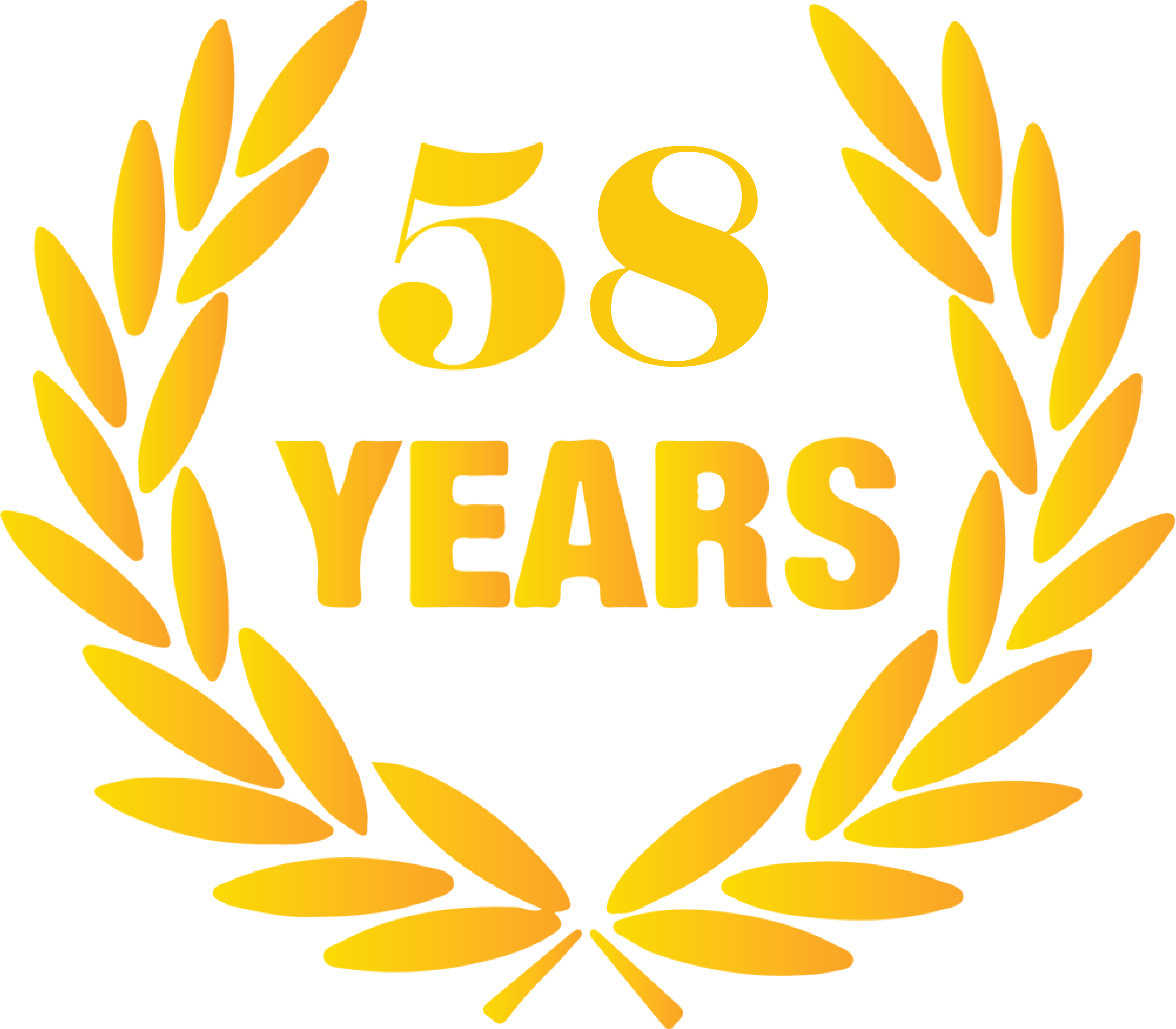Best Practice I
Title : Integrating Sustainable Development Goals in our Educational Environment
Sustainable Development Goals aim for good economic growth with reduced inequalities in the field of education and socio-economy, in addition to its advocacy on cleaner and safe environment. The engagement of students is pivotal in an interesting teaching-learning mechanism, which embraces sustainable development goals that would help overcome obstacles, in terms of culture, psychology and finances.
Objectives / intended outcomes of the Practice
- To assimilate SDG aligned courses into curriculum, research activities, co-curricular activities etc.,
- To equip students with essential SDGs to foster human and ethical values and skills
- To address important global challenges so as to contribute for the development of the communities and beyond
- To instill the nuances of sustainability ideas, research and practices with social impacts
The Context
The youth of India should understand that the Sustainable Development Goals (SDGs) can transform and transpire our world. This transformation will succor multiple stakeholders at all levels of society. No one is left behind or left out, as all of us must contribute to give voice to the needy by better-planned and better-informed initiatives
The Practice
Environmental Studies course is offered online. It is operated through a consortium of the institution to integrate Environmental consciousness to students through curriculum. Outreach activities like lake cleaning, celebrating millet month, health camp, mental wellness, health awareness in collaboration with Apollo Shine, awareness on National Education Policy etc., resonate with sanguinity among women-students. The Post Graduate Department of Social Work in collaboration with an NGO ‘The Candles’ painted the SDGs as wall murals on the campus, which enhanced students’ multidimensionality. An MoU with Koodugal Foundation facilitates students to develop ecological intelligence via various eco-activities
Evidence of Success
This academic year has seen a great flow of more than 75 SDGs activities to enrich students and faculty members with varied contextual and conceptual approaches. Programmes like cycle day, beach cleaning drive, Covid vaccination drive, blood camp contributed to the development of the society with great success. Safe and clean RO water tanks with 1500 liters, STP water sprinklers for the football ground, sufficient toilets are the evidences of water and sanitation project. Center for Inclusion and Equal Access activities harness inclusivity and accessibility. Distribution of smart phones to the needy students mirrors the idea of access to education during tech crisis.
Problems Encountered and Resources Required
Sufficient and significant in house resource mobilization should be enhanced to materialize the SDGs.Young minds are mulled over with Technology and automation. Hence, instilling ethical values on bringing a balance between the eco-conservationism and the present busy socio-economic life was a challenge.
Best Practice II
Title : Initiation of a Research and Innovation Eco system
Objectives
- To integrate Research as a part of Academic Curriculum and enable students to understand learning progresses along with research
- To introduce Research at the Undergraduate level and inculcate a research temper amongst students
The Context
With the motto of “Re-search and Research”, the Research cell of the College encourages staff, students and scholars to involve in innovative research, problem solving ideas, finding solutions for societal and environmental problems, upgrading the technological research, re-search the basic sciences research areas and product development.
The Practice
The Research cell promotes its research culture under “Samzodhana Naipunyam” – a series of training programs focusing on conducting workshops, seminars and faculty development programmes for developing Research Skills of Staff, students and Research scholars.
The Management has played a constructive role in promoting Research by funding the Faculty Members for Minor Research Projects and the students’ project under the program titled “Young Researcher project”.
An exhibition titled” YOUNG RESEARCHER PROJECT EXHIBITION – 2022”showcasing the funded Research projects of our students was conducted to encourage the research temperament amongst our student fraternity. The first batch of 37 YRP was displayed and well received.
The Research cell provides opportunity to publish research articles as a Research book titled “SPARKLES”- Socio Pedagogy & Techno Methodology which publishes articles of the Under Graduate, Post Graduate students and staff of our college with the hope of illuminating the young minds and to disseminate the scholarly ideas of the faculty among the reading public.
It also provides opportunity to publish their findings in the form of research articles in our college ISSN- e-Journals, International Journal of Multidisciplinary Research in Arts, Science and Commerce (IJRMASC) and Svādhyāya – International Journal of Trans disciplinary Research and Development (SIJTRD).
Staff and students are financially supported by the Management to publish their research articles in reputed Journals and to participate and present their research findings in International conferences.
Evidence of success
The impact of the constructive role of the College Research cell in initiating a Research and Innovation Ecosystem is evident from the facts stated below:
- Increase in enrolment of PhDs scholars and Research supervisors
- In-house Publication Journal – “SPARKLES”
- Establishment of International e-Journals with ISSN
- International Journal of Multidisciplinary Research in Arts, Science & Commerce(IJMRASC) ISSN Online : 2583-018X
- Svādhyāya – International Journal of Transdisciplinary Research and Development (SIJTRD) ISSN Online : 2583-1739
- Funded Projects
- Young Researcher Projects – YRP
- Minor Researcher Projects – MRP
- YOUNG RESEARCHER PROJECT EXHIBITION – 2022, the first batch of 37 YRP was displayed.
- Indian Patent Journal Publications – 18
- Samzodhana Naipunyam – Training program activities
- Good participation in Ideathons and Hackathons.
- External Funding Opportunities
Challenges
Streamlining the process of Research leading to Innovation, thereby providing solutions, transforming the solutions in to the end product and culminating in to the establishment of a Start up.








